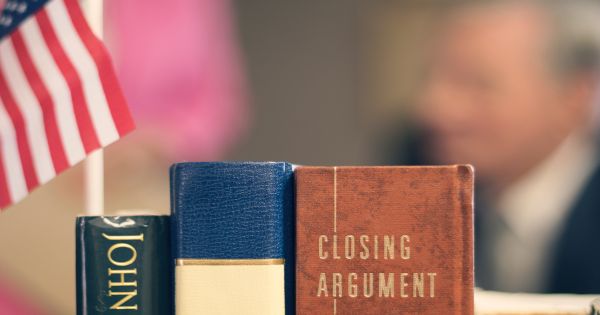
Carol Vorvain (@writersboon) is an Australian international lawyer, mediator, author and founder of Writers Boon. Her books, When Dreams are Calling, Why not? - The island where happiness starts with a question and A Fool in Istanbul - The adventures of a self-denying workaholic have been featured in a number of travel magazines including the International Traveller magazine and can be found in libraries, bookstores and on Amazon.
You’ve published your book. Well done.
You are proud. You should be. You worked hard.
Now imagine these scenarios:
- You walk into a bookstore, start reading a book and notice that the plot, the dialogues even the names of the characters are identical to the ones in your book. You feel like crying. Forget about being a 40-something guy or girl. You literally want to cry your eyes out. How could this happen? Is there anything you could have done to prevent it?
- You wrote a book called “The monster” and, as a book cover you chose the photo of your ex. Guess what? Your ex is a lawyer, knows his rights, and sues you for defamation. Good luck with that!
- You love Elton John’s music. So much so that you decide to use some of your favorite lyrics in the opening scene of your novel. The next thing you know, the music company sues you for infringement asking for hundreds of dollars in damages. Oops!
What can you do to avoid all these catastrophes?
There is only one answer. Know what’s legal and what’s not. And do not cross the line hoping you will not be caught.
So, let’s start learning.
Everything an author needs to know about copyrighting.
I think it’s important to know that in reality, is very unlikely that editors and other publishing professionals will steal an author’s work. Doing so will damage their reputation. And it could be all for nothing because, let’s not forget, a book, no matter how good it is, without the right marketing, might not bring the desired financial success. Unless you are J.K. Rowling, I wouldn’t worry much about that.
Now let’s go with the scenario, better safe than sorry.
How does copyright protection work?
Most authors are fully aware that they own the copyright in their work as soon as they write down the ideas, as soon as they save it on their computer. It’s totally irrelevant whether the work is published or not or if the copyright is registered or not yet. Once on paper, your wonderful words and ideas are protected.
Write it down. Remember, verba volant, scripta manent :)
When should authors register their copyright?
The only time when you, as an U.S. author must register you copyright with the U.S. Copyright Office is when you are trying to protect yourself from an infringement suit or increase the damages recoverable in case you file an infringement. God help the fool who does you wrong.
Note that to sue for copyright infringement, you must register it within 3 months of the novel’s publication date or before any breach of rights occurs. Time is of the essence.
If you want to register your copyright, do so as soon as you publish your manuscript.
What is the process of copyright registration?
The process of registration is easy, fast and you won’t need a lawyer.
You can register online or you can submit a paper application. It’s up to you.
If you choose to submit a paper application, keep in mind that it might take longer. You might need to wait for up to 1 year. But as long as you’ve started the process, do not worry. It’s all good. The day when the registration is considered effective and you are fully protected is the day the Copyright Office receives your completed application.
If you choose to register online, here are the steps:
- Go to U.S. Copyright Office and create an account.
- Select Literary Works, then select Register a Literary Work. Pretty intuitive so far.
- Find Copyright Registration, select Register A New Claim and start registration.
- Complete the form, pay the $35, send over your novel and you are all set.
Do not hire a lawyer to register your copyright. It’s easy peasy.
Are book titles protected by copyright?
One thing to remember is that book titles are not protected by U.S. copyright law. This simply means that readers can find tons of books on Amazon, all with the same title. I know, you tried really hard to come up with that ingenious, amazing title. Sorry. Unless you are prepared to dive into the murky waters of trademark protection, you can’t do anything about it. And, unless you wrote Harry Potter the expense is not worth it.
The reason for which titles are not protected under the copyright law is quite simple. Most titles are too short to contain sufficient original expression. In other words, it’s nothing that deserves protection.
Book titles are not protected by U.S. copyright law.
To conclude, do not be afraid to show your novel to literary agents, editors and so on. However, be very wary of signing publishing contracts if you don’t fully understand all the terms and conditions. If you want to hire a lawyer, this would be the best time.
For additional legal resources, you might want to visit:
Next week's article: The dangers of using real people in your writing.
Disclaimer: Carol Vorvain is an Australian lawyer. This information is general in nature, has an informative purpose and does not constitute proper legal advice. For proper legal advice, please contact a lawyer in your jurisdiction.